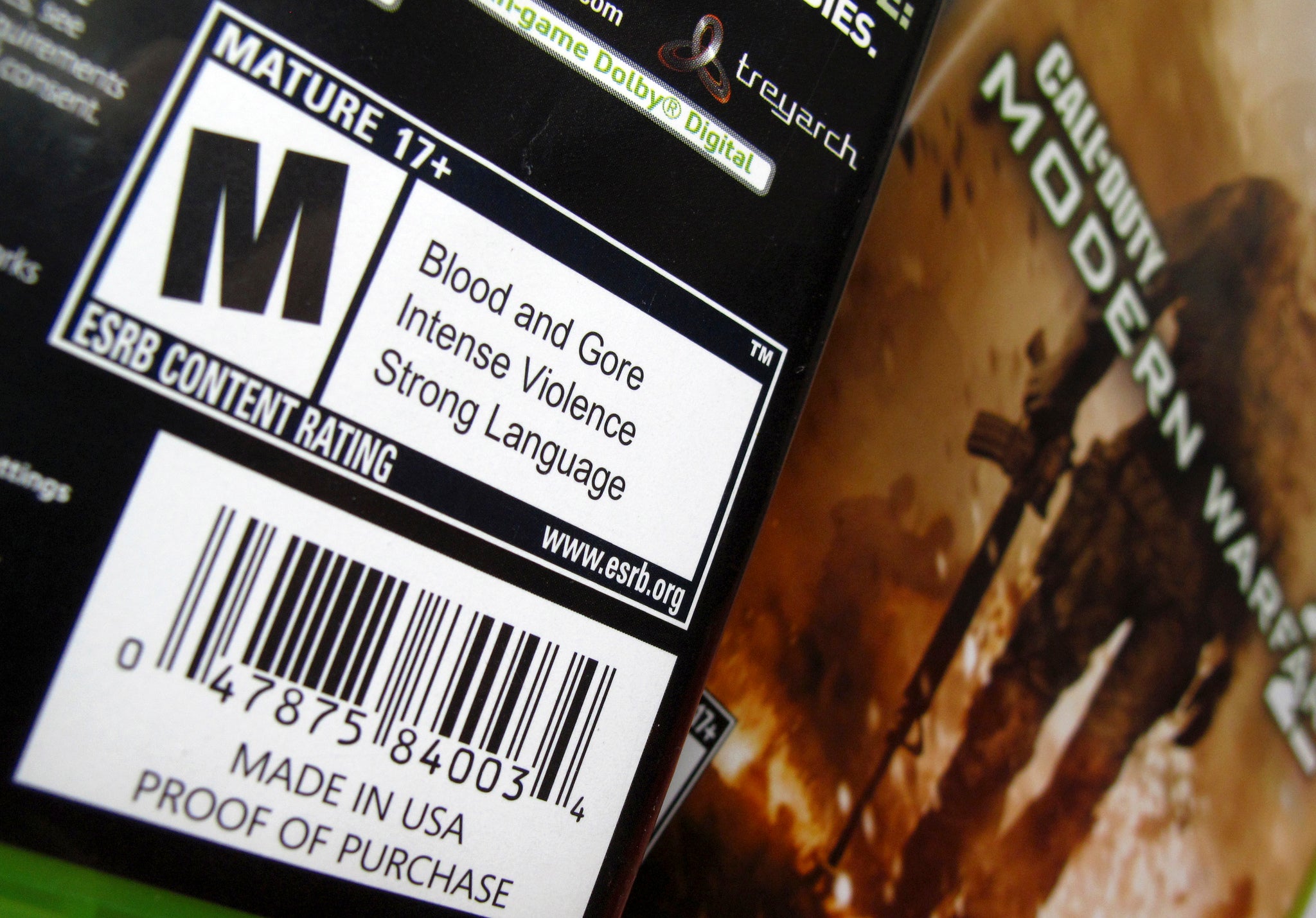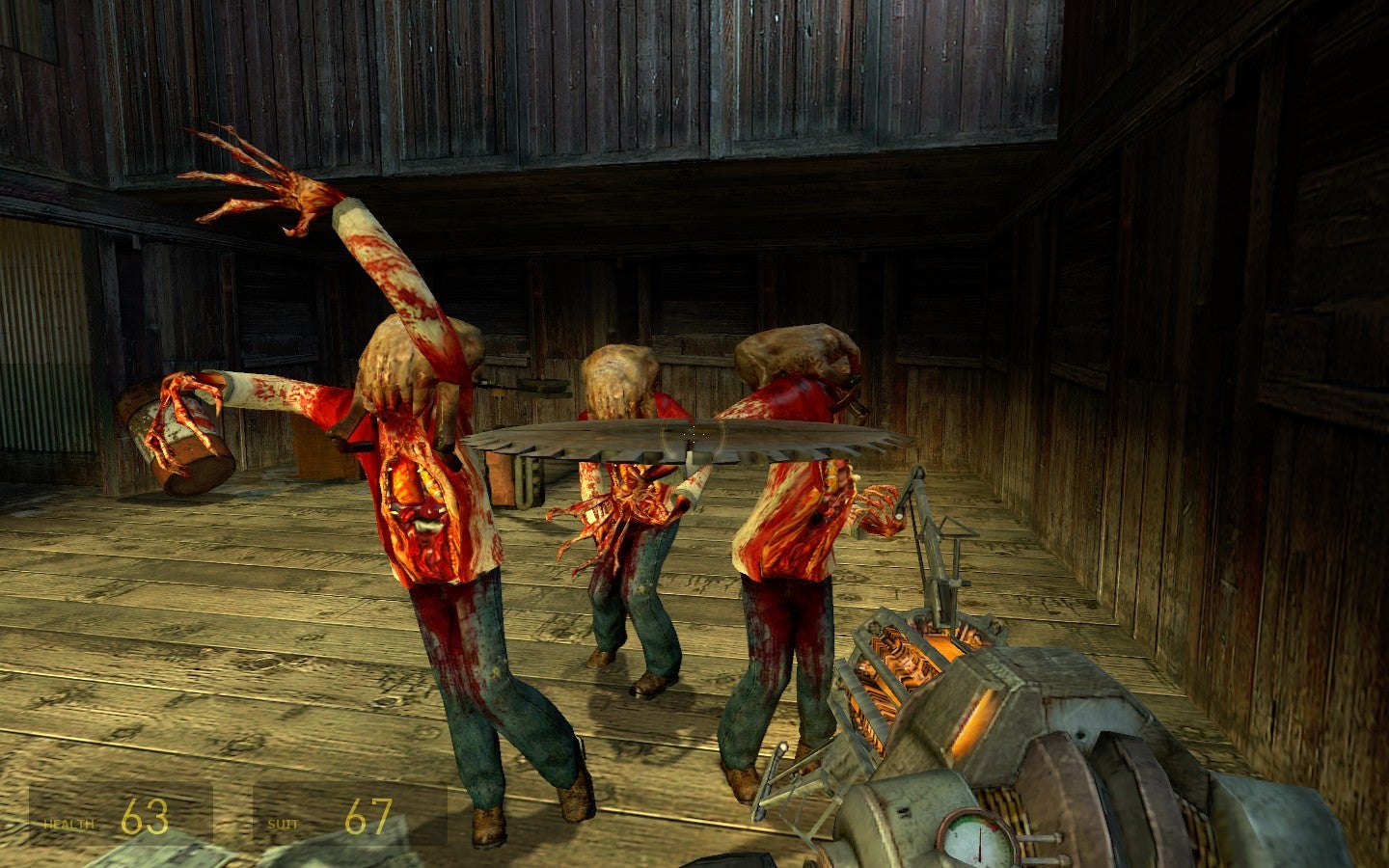Violent video games don't make you aggressive - difficult games do, says new study
Players who could not master a game after 20 minutes were more likely to be aggressive - regardless of whether the game involved violence

A new study into the links between video games and violence has suggested that it is the difficulty of the game and not its content that leads to players feeling aggressive.
Researchers from the University of Oxford in the UK and the University of Rochester in the US conducted a study in which volunteers played both violent and non-violent games in which the difficulty level was artificially manipulated.
They found that players showed greater levels of aggression if they were unable to master a game’s controls after 20 minutes – regardless of whether that game included violent content or not.
“If players feel thwarted by the controls or the design of the game, they can wind up feeling aggressive,” said co-author Dr Andrew Przybylski from the Oxford Internet Institute. “This need to master the game was far more significant than whether the game contained violent material.”
The question of whether or not video games encourage violent behaviour is a contentious one among psychologists.
A recent study from Singapore suggested that children who play violent games frequently were more likely to belive that hitting others was acceptable. This same study was also criticized for its inaccurate methods of data collection which including asking children to report their own feelings and actions.

The scientists behind this most recent research believe that they’re the first to explore how the structure and mechanics of games – rather than their content – can lead to feelings of aggression.
“To date, researchers have tended to explore passive aspects of gaming, such as whether looking at violent material in electronic games desensitises or aggravates players,” Said Dr Przybylski. “We focused on the motives of people who play electronic games and found players have a psychological need to come out on top when playing.”
Part of the research involved modifying the popular and critically-acclaimed game Half Life 2. The scientists tweaked the title so that instead of shooting opponents players ‘tagged’ them before they gently evaporated. They then varied the difficulty by only giving a tutorial explaining the game’s controls to some of the players.
The study found that those who did not receive the tutorial felt more aggressive, regardless of whether or not they played the violent version of the game. However, the researchers did also stress that the study does not completely discount effects of violent content.
“The study is not saying that violent content doesn't affect gamers, but our research suggests that people are not drawn to playing violent games in order to feel aggressive,” said co-author Richard M Ryan, from the University of Rochester.
“Rather, the aggression stems from feeling not in control or incompetent while playing. If the structure of a game or the design of the controls thwarts enjoyment, it is this, not the violent content, that seems to drive feelings of aggression.”
Join our commenting forum
Join thought-provoking conversations, follow other Independent readers and see their replies
Comments
Bookmark popover
Removed from bookmarks